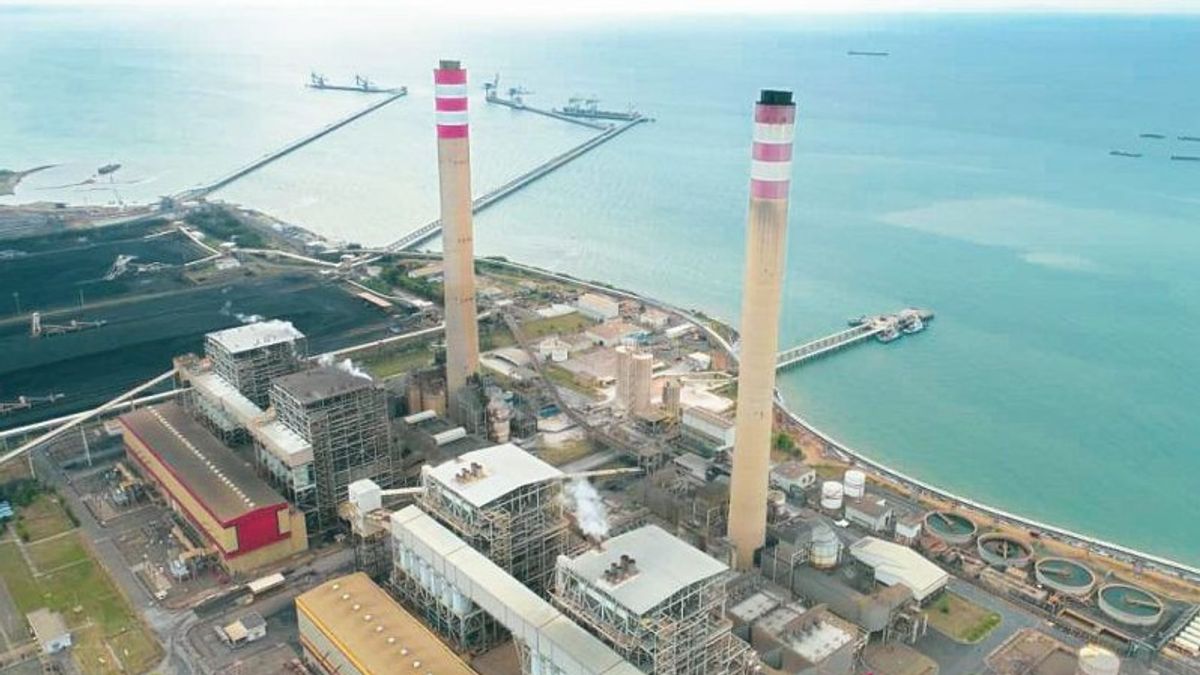Minister of Energy and Mineral Resources (ESDM) Arifin Tasrif has inaugurated the secretariat office of the Just Energy Transitions Partnership (JETP) work team. Arifin explained that one of the tasks of the JETP Working Team for the next six months is to complete the early retirement roadmap for coal power plants.
The Minister of Energy and Mineral Resources ensured that early retirement of coal-fired steam power plants (PLTU) would not harm the entrepreneurs who owned the plant.
"We will make an timeline for removing PLTU, the menu is already there, we will choose it everywhere first, the most implementable. Later, when it is retired, it will be replaced with a power plant with cleaner energy," said Arifin Tasrif, quoted on Monday, February 20.
To determine which power plant to retire, Arifin said the government would later choose an excess electricity production plant that was no longer efficient and burned according to the initial specifications.
"Later, an excessive production of electricity will be chosen, a unit that is no longer efficient because it is also inefficient to consume fuel, it must be wasteful, if the burning is not as automatic as it was, the generated energy will no longer be as optimal at first," said Arifin.
Indonesia received a funding commitment of 20 billion US dollars or around Rp. 302 trillion in the JTEP program from a number of developed countries. Funding varies in shape, from grants, loans to aid. Retired PLTU is part of this program to reduce emissions.
Furthermore, Minister Arifin emphasized that retiring the PLTU and replacing it with a more environmentally friendly generator will not harm the power plant owner because in principle the PLTU asset will be purchased and then operated with a faster time to terminate it.
"It will not harm the owner of the PLTU because it will actually be calculated how much the asset value is and how about speeding it up, not closing it. We can't close it. For example, how many years are there, for example 15 years, it can be accelerated again it won't be 3 years, now what compensation is this for 3 years, we will see what the current value is and what time is three years, so the point is that there must be openness based on the existing best practice," explained Arifin.
Arifin also mentioned other programs related to power plants with the same goal of reducing emissions, namely by converting high-emission plants with low emissions, for example converting fuel-based plants with gas.
"We will also look at others like fuel plants and we will accelerate the conversion of fuel-to-gas generators and from gas to new and fastest energy is the conversion of these plants if they want to reduce emissions and cost," Arifin concluded.
The English, Chinese, Japanese, Arabic, and French versions are automatically generated by the AI. So there may still be inaccuracies in translating, please always see Indonesian as our main language. (system supported by DigitalSiber.id)











